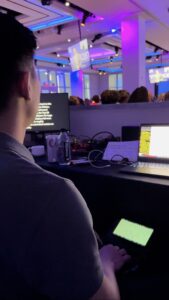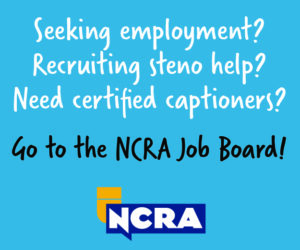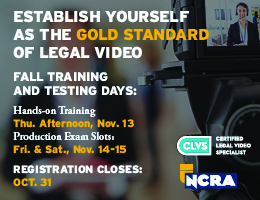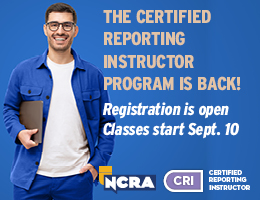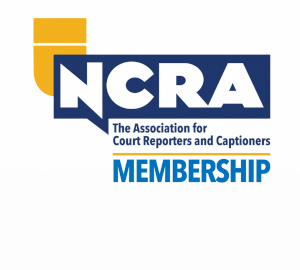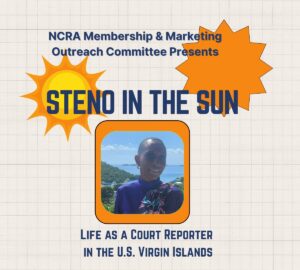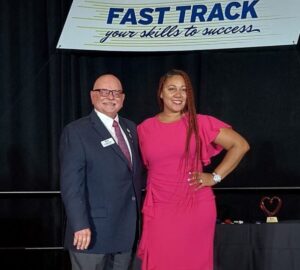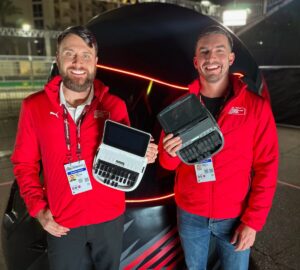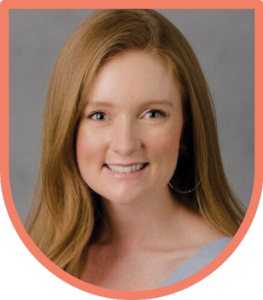
Captioner
Currently resides in: Los Angeles, Calif.
Member since: 2010
Graduated from: Self-taught after school closed when in 200s
Theory: Phoenix Theory
JCR | Why did you decide to earn an certification?
STOKER | The RPR demonstrates that you have the speed and key industry knowledge necessary for the job. The CRC exhibits your accuracy. Together, they show you are committed to the profession and prove you are capable of performing under intense pressure for a specified duration.
JCR | Have you gotten a job specifically as a result of your certification?
STOKER | I have made many new business connections because I had my certifications. Despite the fact that they are not required for captioning, I have found the RPR and CRC certifications to be useful. Those credentials are very important when working with industry outsiders or with new contacts in the profession. It provides instant credibility — a straightforward way to get through the first screening when making an unestablished connection. A demo often follows. Many firms and contacts also require certification as a minimum qualification.
JCR | What would you say to encourage others considering earning professional certification?
STOKER | Embrace failure. These tests are designed to be tough. It took me several attempts before passing, but the reward was so much greater. Don’t be discouraged when you fail an exam. Learn as many lessons as you can from each attempt. Reach out to others and capitalize from their experiences. Change your game plan and try again. If you fail, rinse and repeat. I have achieved the greatest growth in my life from failure.
JCR | What surprised you about your career?
STOKER | When I originally started court reporting school, I was working for the U.S. Attorney’s Office and was certain that I would go into depositions and perhaps an officialship. I had a degree in Criminal Justice Administration. The path ahead seemed clear. What I found instead was that my true passion is in captioning and working with the D/deaf and hard-of-hearing communities. I’m so grateful to have chosen a profession whose skills can be used in so many different settings. To me, realtime is an art and goes beyond just getting all the words. It’s anticipating where that comma should be placed for best readability; speaker identification; proper capitalization and hyphenation; making sure that specialized terms translate correctly; and correct grammar. I’m continuously competing against myself to produce a better and easier-to-read product.
JCR | What do you consider your greatest professional accomplishment?
STOKER | My greatest accomplishment stems from my drive to take on work that makes me think: “I can’t do this.” Eventually the fear subsides, and I grow from each challenge. I remember my first remote CART job in 2009. Fight-or-flight kicked in, and my hands were shaking. I had been doing on-site CART for two years prior to that. I got through the job and transitioned to learning about multiple streaming and audio platforms. Soon I was doing multiple remote classes a day, then business and government meetings, TV and broadcast captioning, and branching into the type of all-day, multi-day highly technical conference work I do today. Each well-executed job becomes my new greatest accomplishment. I value and seek out opportunities to challenge myself and grow my skill set.


